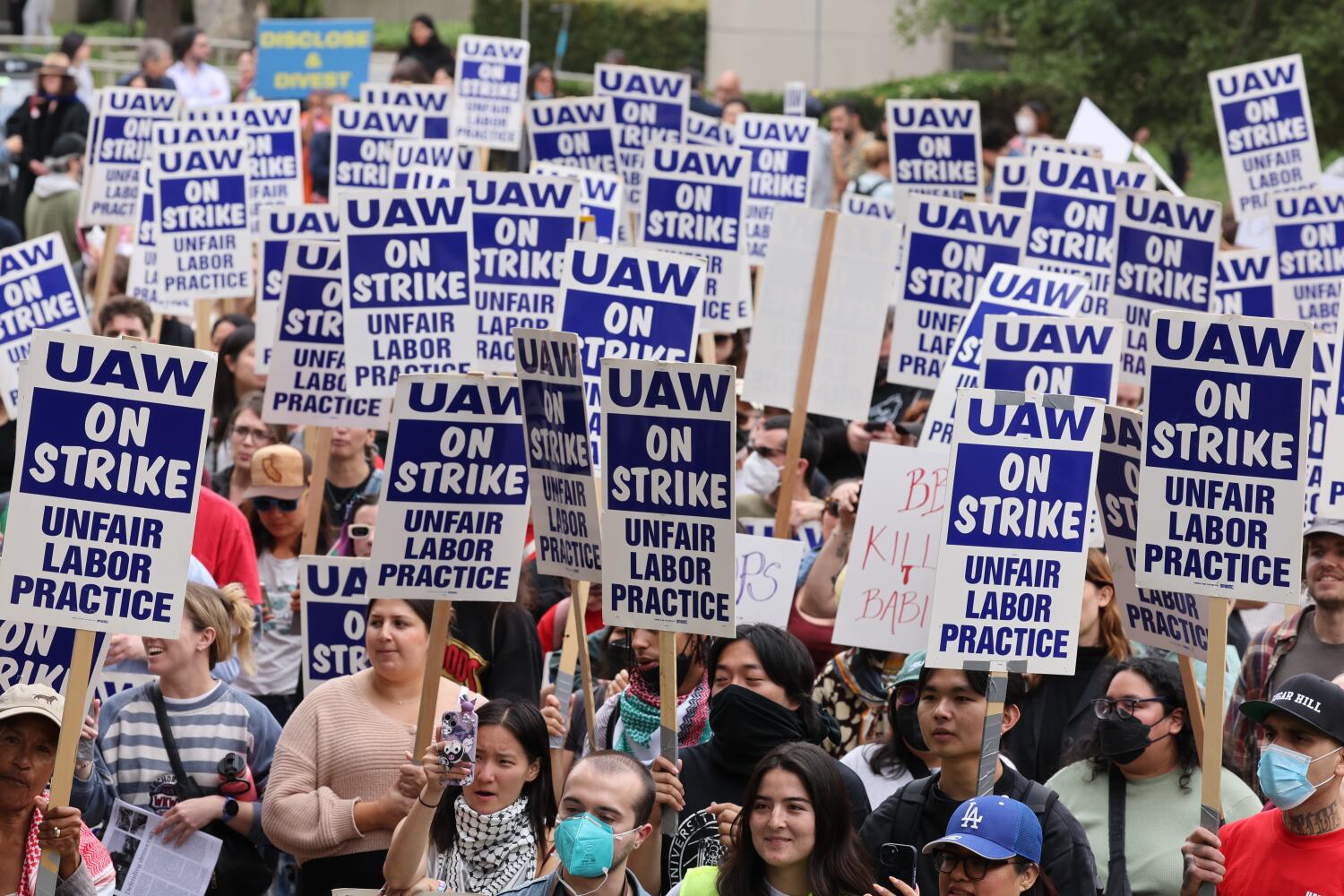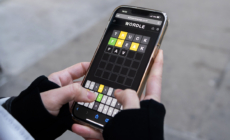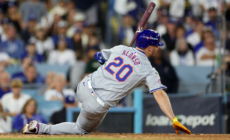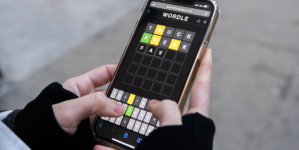-
Costco Guys More Popular Than Roman Reigns, Says Former AEW Superstar - 34 mins ago
-
Organized Looting Throws Gaza Deeper Into Chaos - 45 mins ago
-
Today’s ‘Wordle’ #1,283 Answers, Hints and Clues for Monday, December 23 - about 1 hour ago
-
Artists We Lost in 2024, in Their Words - about 1 hour ago
-
John Cena vs Logan Paul ‘On The Table’ For WrestleMania 41: Report - 2 hours ago
-
Ron Eliran, Israeli ”Ambassador of Song,” Has a Bar Mitzvah at 90 - 2 hours ago
-
Phillies Predicted To Cut Ties With Trade Acquistion Austin Hays - 2 hours ago
-
Mets Likely To Sign Pete Alonso Amid Depleted First Base Market - 3 hours ago
-
Trump Picks Callista Gingrich for Ambassador to Switzerland - 3 hours ago
-
NASCAR Cup Series Team Confirms 2025 Daytona 500 Entry Plans - 3 hours ago
UC fails again to get court order to stop academic workers’ strike

For the second time, the state labor board has declined to order an immediate halt to the UC academic workers strike, which has resulted in canceled classes, blocked parking garages and disrupted coursework for thousands at a crucial time of the year when students take finals.
The state’s Public Employment Relations Board ruled Monday that the university, in its legal filings, had not met the high legal standard of causing “irreparable harm” required for the labor board to approve an injunction. The walkout has included University of California campuses in Santa Cruz, Davis and Los Angeles. The strike expanded Monday to UC Santa Barbara and UC San Diego and is scheduled to spread Wednesday to UC Irvine.
“By direction of the Board, the request for injunctive relief in the above-entitled matter is denied without prejudice, sufficient grounds therefore not having been demonstrated,” wrote J. Felix De La Torre, general counsel for the employment board, announcing Monday’s decision to both parties.
United Auto Workers Local 4811 represents 48,000 graduate teaching assistants, researchers and other academic workers at UC’s 10 campuses and the Lawrence Berkeley Laboratory. Unionized workers lead discussion groups, grade papers, conduct research and administer exams, among other responsibilities.
The ruling does not settle the question of whether the strike is legal. This broader issue will be settled through a slower process that would likely outlast the strike. The two sides also are in mediation, which has the potential to end the strike, through a settlement, prior to its scheduled conclusion on June 30.
Last week, the labor board issued a complaint against the union based on UC’s allegation that the walkout is illegal because of a “no strike” clause in the union’s contract. The complaint sets in motion a process under which both sides will make their case. The complaint indicates the labor board’s view that, if the facts presented by UC are shown to be accurate, then the strike could be ruled illegal.
But this is a slow-moving deliberation — both sides have until mid-June to submit paperwork.
The university had sought a quicker route, seeking an injunction to halt the strike, saying the walkout was causing harm “that can never be undone.”
“At just UC Santa Cruz, UCLA and UC Davis, over 9,000 UAW members teach over 5,130 of undergraduate classes, seminars, discussion sections, and laboratory sections. These classes have literally hundreds of thousands of students enrolled in them — students who have paid tuition for a full quarter’s worth of instruction, and in many cases whose grades and academic futures rely on the completing their courses,” UC said in its filing requesting the injuction.
John Logan, a professor in the department of labor and employment studies at San Francisco State University, said the labor board’s decision will put UC officials “under intense pressure — both from within the university and external political pressure — to negotiate with the union to end the strike.”
UAW 4811 went on strike last month after alleging its members’ free-speech rights were violated by UC’s actions during pro-Palestinian protests and encampment crackdowns, among other charges.
Police on Friday morning entered the UC Santa Cruz campus, ordering protesters to disperse. Such police actions at other campuses have been a basis for the union’s claims that workers’ rights have been violated — and that these alleged violations amount to an unfair labor practice, providing legal justification for the current walkout.
As with any strike, the purpose has been to apply pressure on the institution by disrupting business as usual. In the view of UAW 4811, the work stoppage is a standard, legally protected union activity.
“Management clearly knows that our work is necessary for the functioning of the university,” said union president Rafael Jaime prior to the Monday decision. “If they want that work to resume, they should seriously engage with PERB’s mediation process and stop wasting time and public resources on legal maneuvers.”
On May 23, the state’s labor board — which oversees labor-management relations and actions — ruled that the strike could continue, while also allowing the university to submit additional evidence in an attempt to meet the high legal standard necessary for outside intervention.
The strikers lay blame for disruptions on the university for events leading up to the strike as well as the delay in its resolution.
While unions typically strike over pay and benefits, this walkout has been far different because of the intertwining of political issues beyond standard contract matters.
Academic workers on strike at UCLA, UC Davis and UC Santa Cruz chanted last week about “workers’ rights under attack,” referring to pro-Palestinian union members who were arrested and suspended after recent protests. Some on the picket line wore kaffiyehs, traditional scarves used to express solidarity with Palestinians.
Others waved Palestinian flags, shouting “free Palestine,” and pressed union demands that UC divest from ties to Israel and the war in Gaza and grant all protesters amnesty from campus discipline.
Another union demand is for the researchers it represents to receive transitional funding so they can opt out from “funding sources tied to the military or oppression of Palestinians.” That would include those working for departments that were given portions of the $333 million the University of California received last year from the Department of Defense.
Source link


















